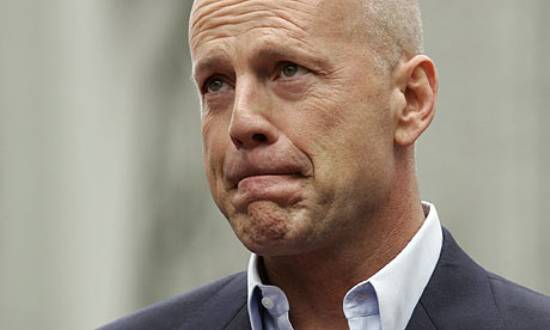The Costly Effects Of Capital Gains Tax Rates
The Article: Capital Gains Tax Rates Benefiting Wealthy Are Protected By Both Parties by Steven Mufson and Jia Lynn Yang in The Washington Post.
The Text: The K Street office of Mark Bloomfield, president of the American Council for Capital Formation, is full of knickknacks collected in three decades of lobbying for cutting the capital gains tax.
The coffee table has campaign buttons that read “Capital Gains = Better Jobs.” One wall displays a blown-up cartoon retracing the steps that led President Jimmy Carter to reluctantly sign a cut in the capital gains tax rate. On a shelf sits a framed, handwritten note from President George W. Bush in December 2003 that says: “Dear Mark, I got your treatise on taxes — many thanks. I will look it over with keen interest. Merry Christmas.”
For the very richest Americans, low tax rates on capital gains are better than any Christmas gift. As a result of a pair of rate cuts, first under President Bill Clinton and then under Bush, most of the richest Americans pay lower overall tax rates than middle-class Americans do. And this is one reason the gap between the wealthy and the rest of the country is widening dramatically.
The rates on capital gains — which include profits from the sale of stocks, bonds and real estate — should be a key point in negotiations over how to shrink the budget deficit, some lawmakers say.
“This is something that should be on the table,” said Rep. Chris Van Hollen (D-Md.), one of 12 members on the congressional “supercommittee” tasked with reducing the deficit. “There’s no strong economic rationale for the huge gap that exists now between the rate for wages and the rate for capital gains.”












